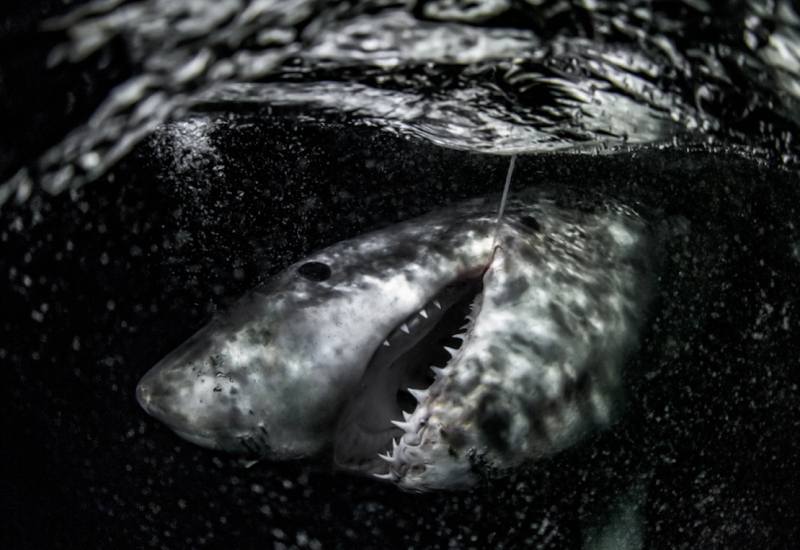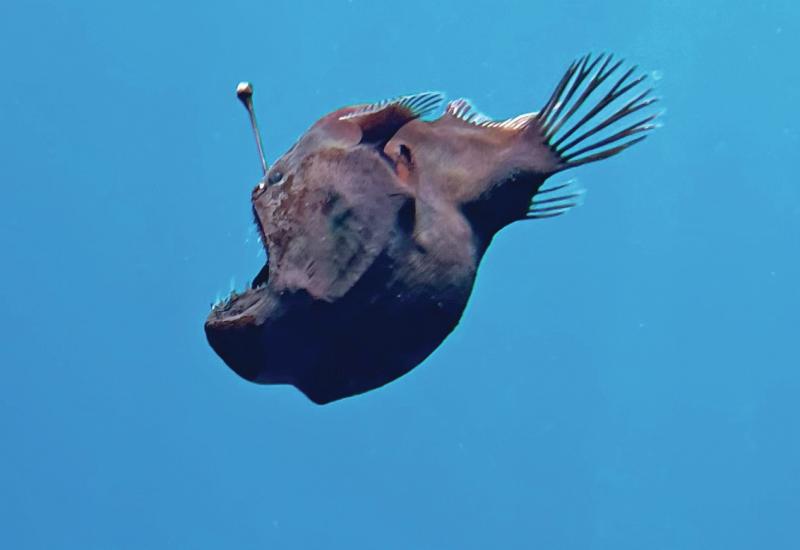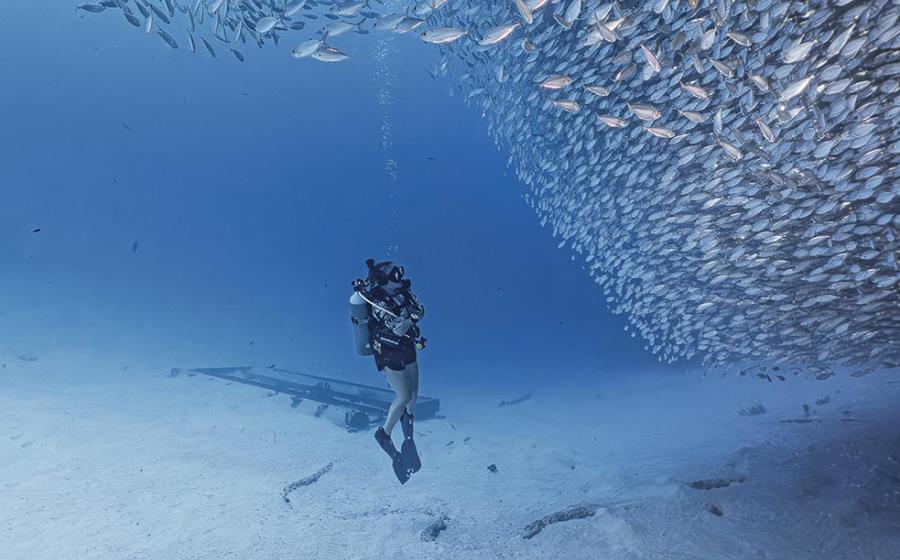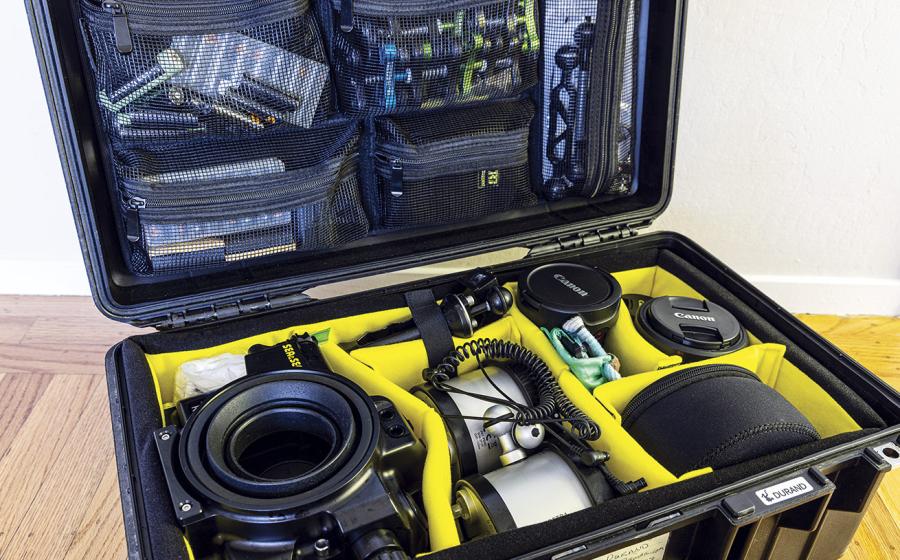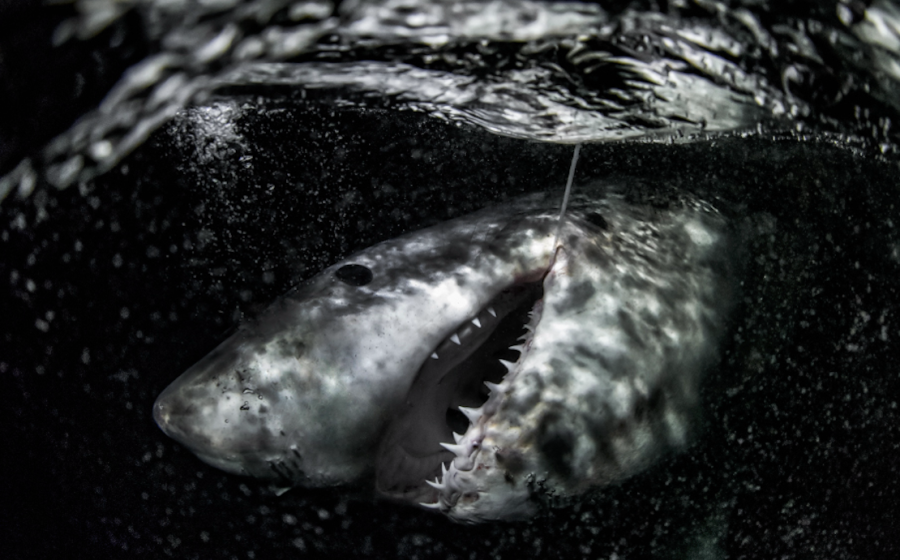Spike in Florida Manatee Deaths Draws Federal Government Scrutiny

ShutterstockManatees congregate in Broward’s Indian River Lagoon in winter, seeking a warm refuge from the chilly Atlantic waters in winter. Human activity has made it less safe than it used to be.
This year is on track to be the deadliest year for Florida’s manatees in over a decade, and the feds are helping to figure out why.
At least 539 manatees died in Florida waters between January 1 and March 19 of this year, according to the most recent count by the Florida Fish and Wildlife Conservation Commission. That is about 100 shy of the number that died in all of 2020. The National Oceanic and Atmospheric Administration has declared the die-off an “unusual mortality event,” so financial support and resources will be allocated to the state’s agencies and conservation groups for a formal investigation.
Over 40 percent of these deaths happened in Southeast Florida’s Broward County, just north of Miami. Cold water temperatures, limited food availability, habitat destruction and chemical exposure are all potential causes.
Manatees congregate in Broward’s Indian River Lagoon in winter, seeking a warm refuge from the chilly Atlantic waters in winter. Food sources in the area, like seagrass beds, however, have dwindled due to nutrient pollution and algae blooms. Development and water management structures have also cut off common congregation areas, driving manatees to warm-water discharges from power plants and man-made canals that leave them vulnerable to ingesting pollution and being hit by boats.
“We know that there’s been some water quality issues in the Indian River Lagoon and the loss of sea grasses,” Gil McRae, director at the FWC’s Fish and Wildlife Research Institute, tells the Miami Herald. “We don’t yet know whether that is a primary cause or just a secondary cause. And the job of the investigation is to work through all that.”
The Fish and Wildlife Research Institute is heading up the investigation and response. It has conducted necropsies on only 93 of the deceased manatees because of the pandemic—27 were determined to have died from cold stress and 66 from what the FWC considers natural causes.
Manatees have also been increasingly exposed to glyphosate, an ingredient found in pesticides like Roundup, for over a decade, says a new University of Florida study. More than half of the 100 animals tested in the study had the chemical in their bodies, and the concentration was “higher in South Florida than in Crystal River, particularly before and during the sugarcane harvest when Florida manatees depend on warm water refuges,” researchers found. This “may have consequences for Florida manatees’ immune and renal systems, which may further be compounded by other environmental exposures such as red tide or cold stress.”
Government and conservation groups will be able to investigate whether exposure to chemicals like glyphosate are playing a role in the state’s record manatee deaths with the new NOAA support.

